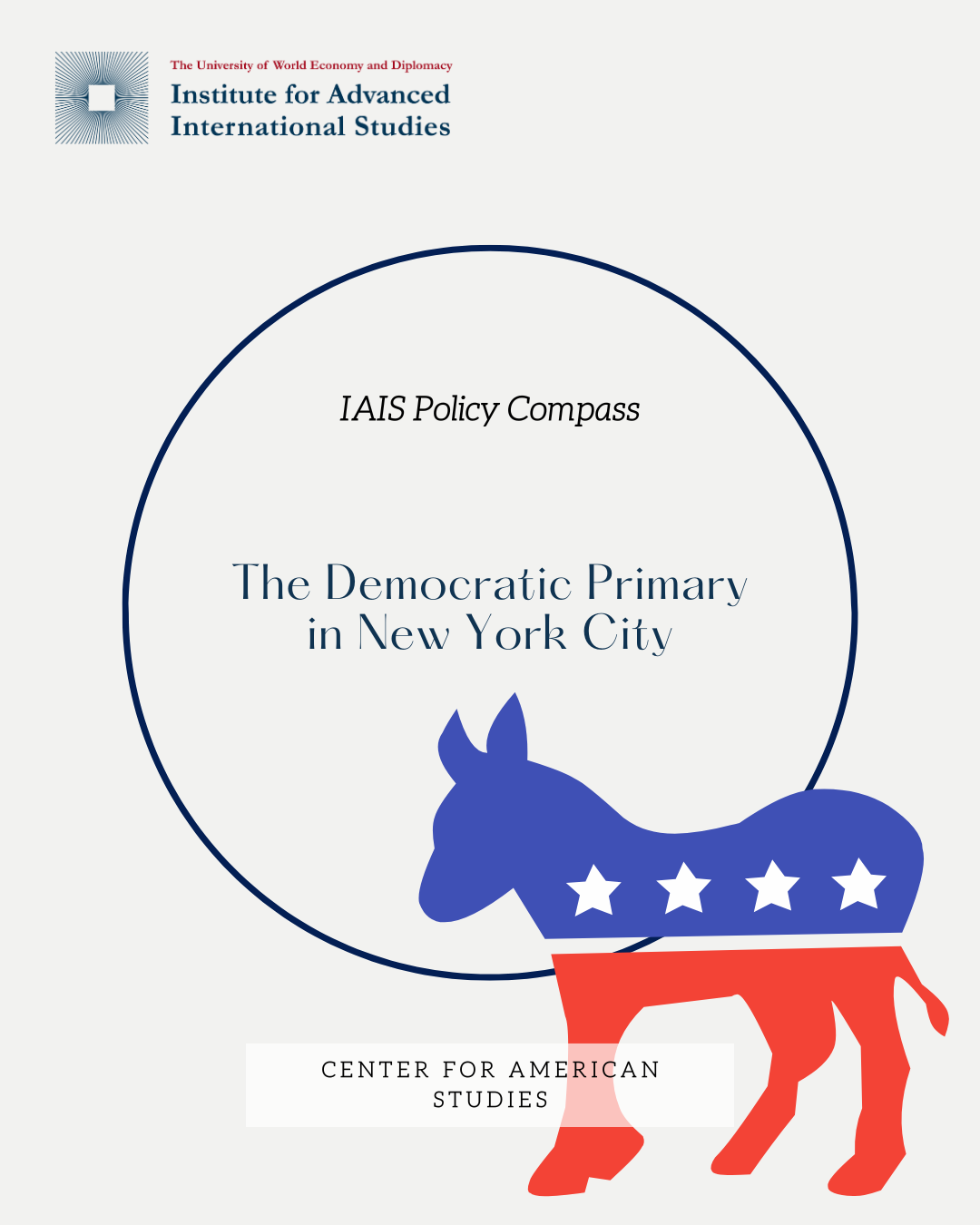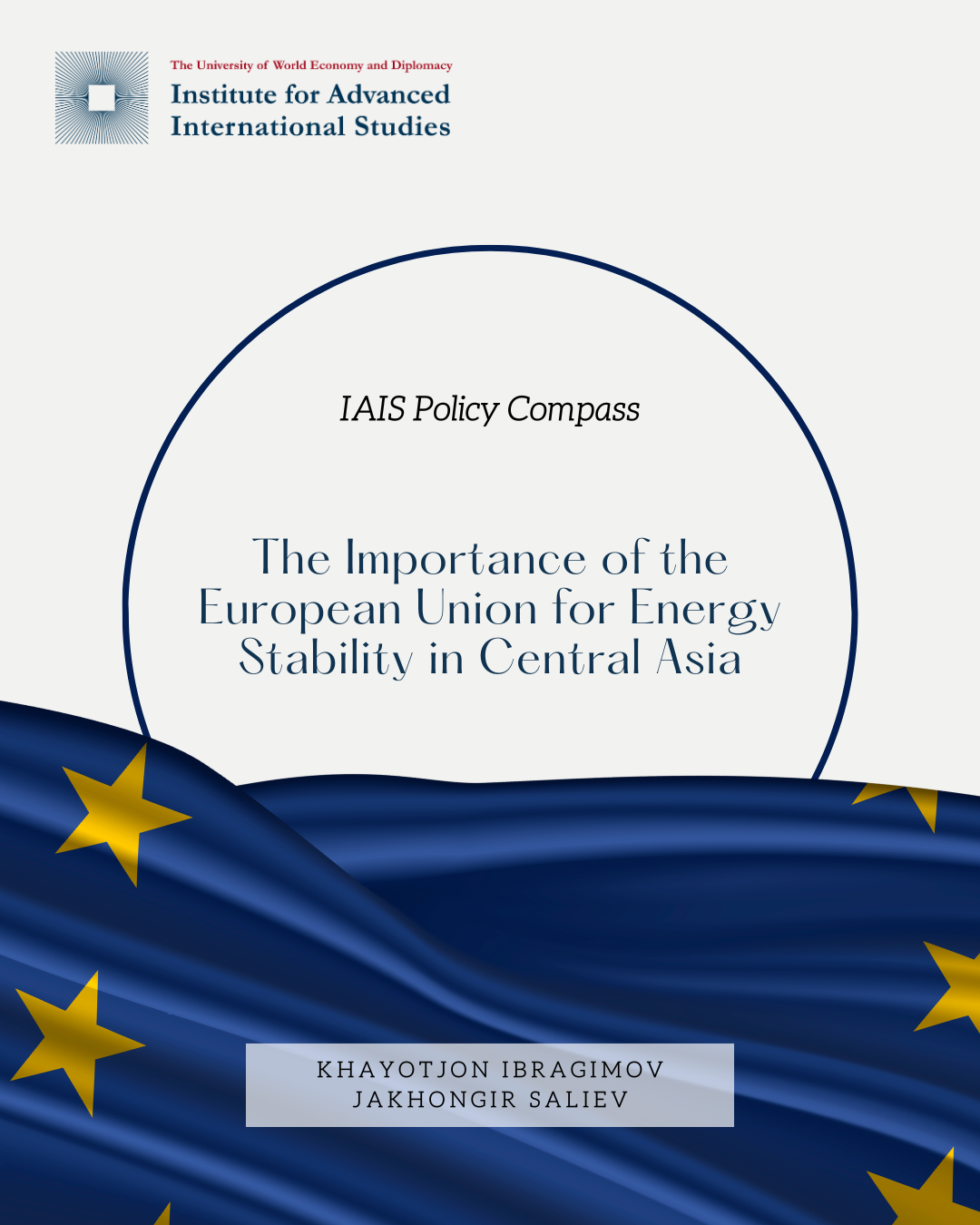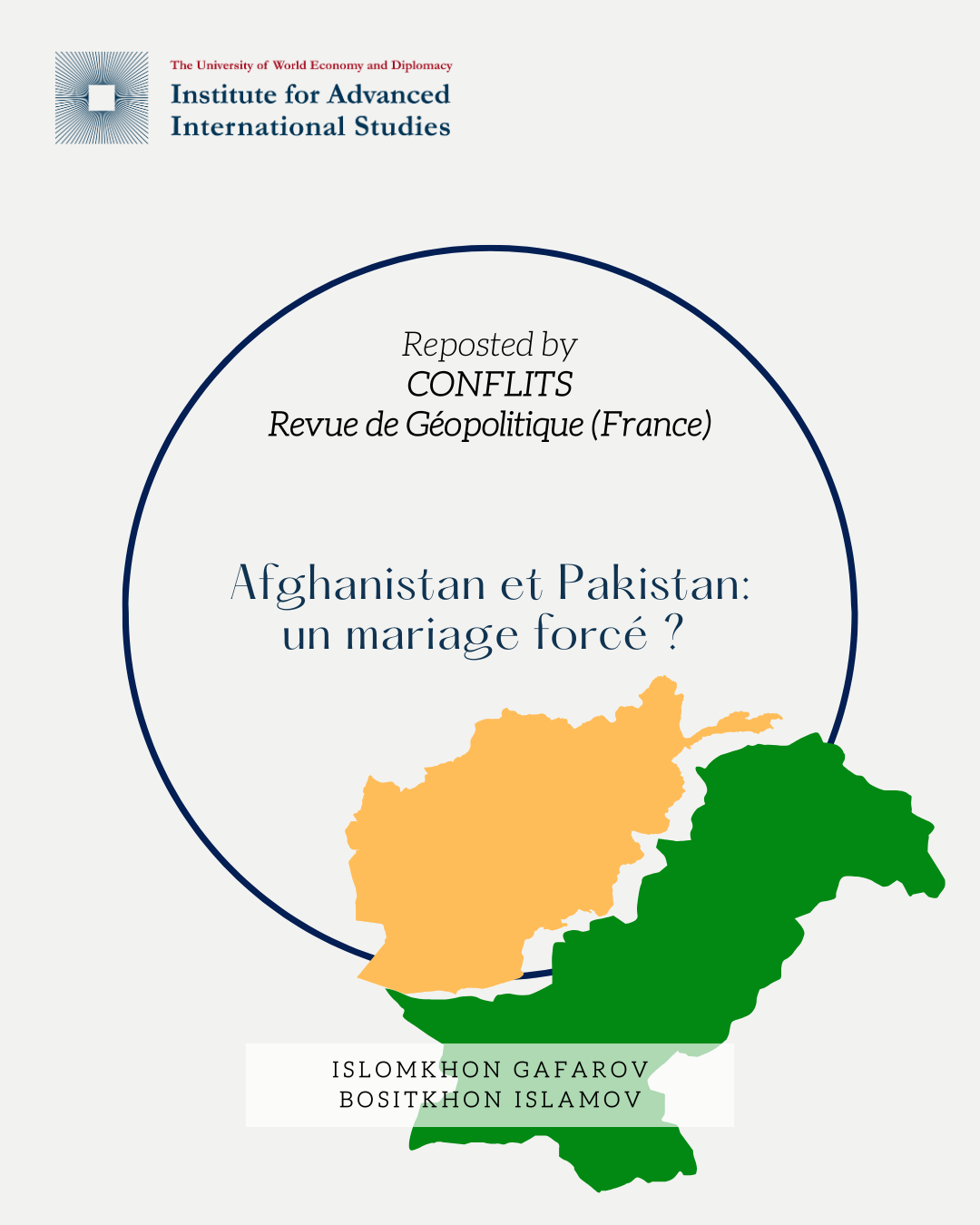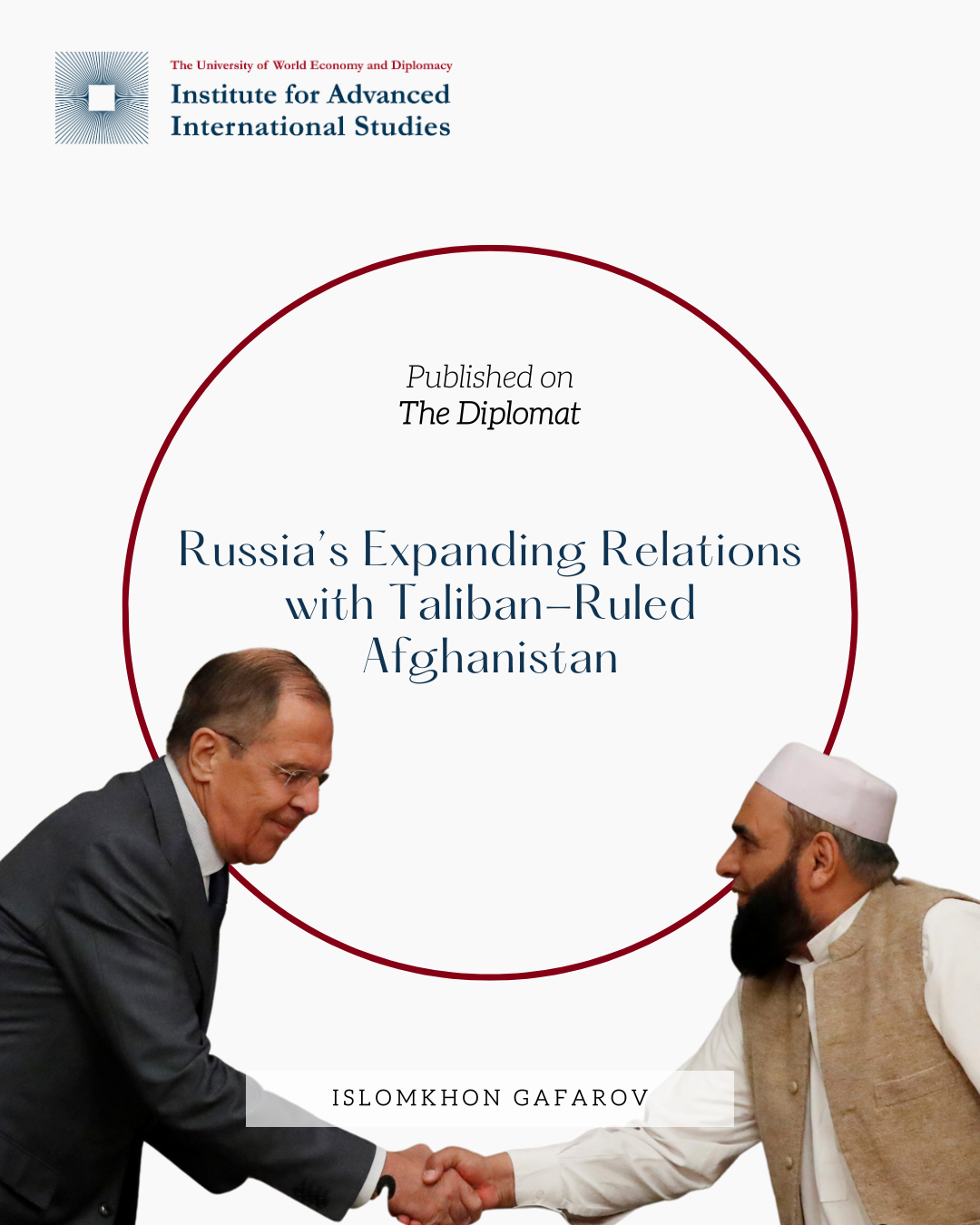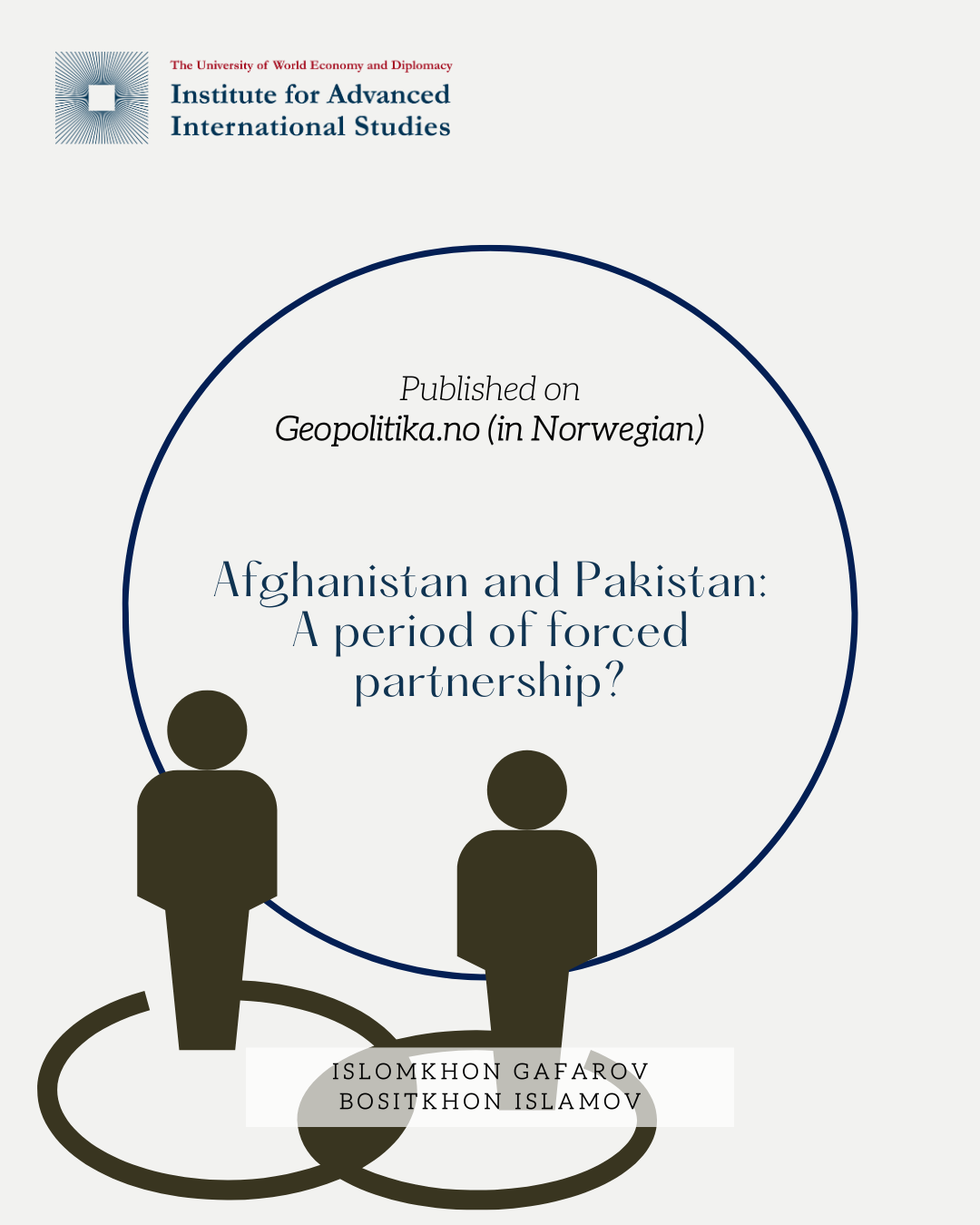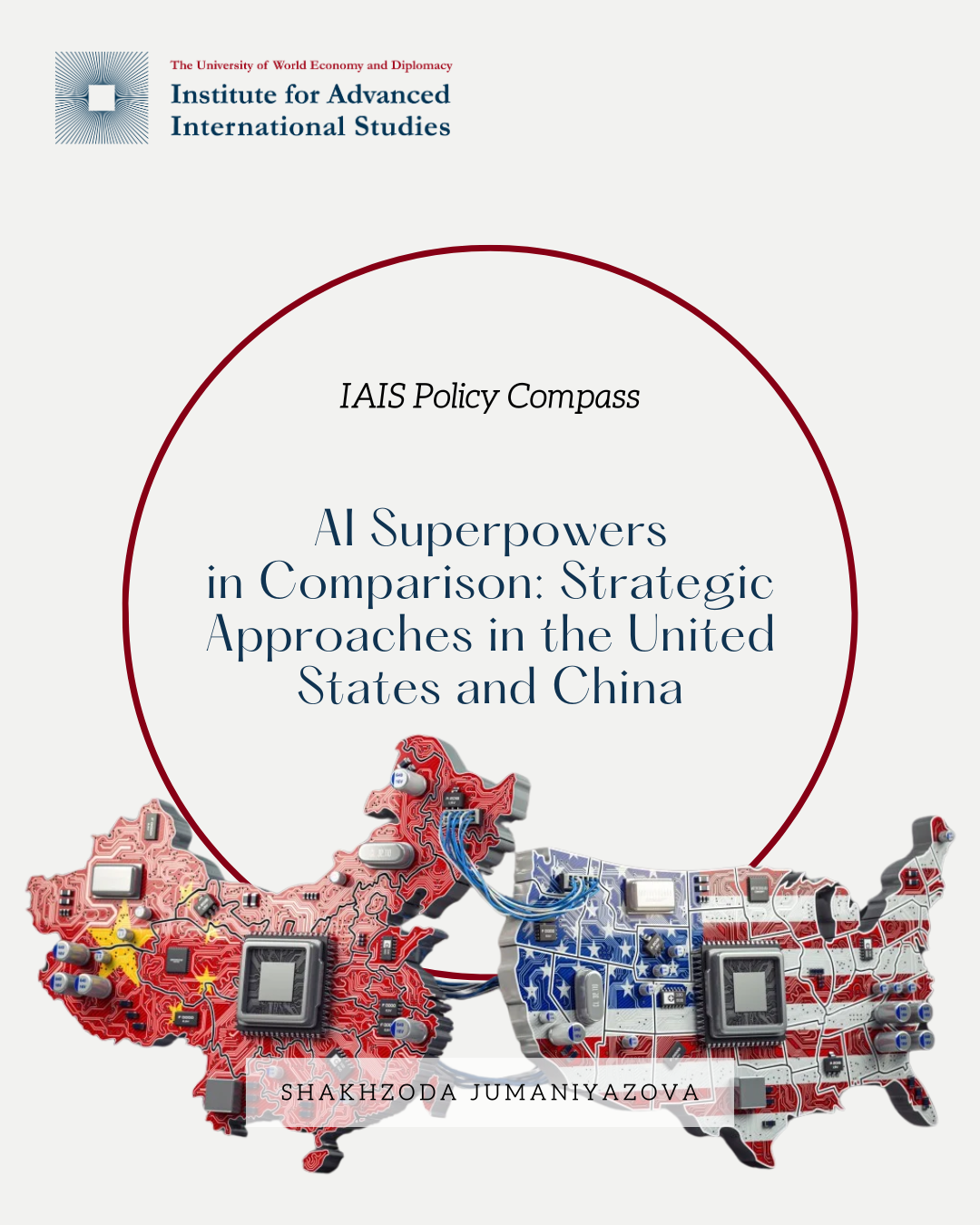On June 24, 33-year-old Zohran Kwame Mamdani achieved a surprising victory in the Democratic Party primaries ahead of the New York City mayoral election. His main rival was 68-year-old former state governor Andrew Cuomo—a representative of the political establishment backed by Bill Clinton, Michael Bloomberg, major labor unions, and Wall Street. However, Mamdani, a previously little-known politician, managed to mobilize youth and minority voters, securing a sensational win. According to the results, Mamdani garnered 43.5% of the vote, while Cuomo received 36.4%. The remaining votes went to other candidates, including city comptroller Brad Lander, whose preferences were later redistributed through the ranked-choice voting system. Cuomo conceded defeat and described Mamdani’s campaign as “smart and effective.”
Effectively, victory in the primaries secured Mamdani the status of the Democratic Party’s main candidate in the upcoming general election on November 4, 2025. His key opponents will include Republican Curtis Sliwa, independent candidate and incumbent Mayor Eric Adams, and several centrist contenders. Adams’s popularity has sharply declined amid a corruption scandal, and his decision to run outside the Democratic Party has only deepened internal divisions. In this context, Mamdani remains the front-runner in the race.
Biography and Political Career. Zohran Mamdani represents a new generation of progressive politicians. He was born in Uganda to a prominent academic, Mahmood Mamdani, and an Indian mother, Mira Nair—an award-winning actress and filmmaker. During childhood, he moved to New York and grew up in the Astoria neighborhood of Queens. After earning a degree in African Studies from a college in Maine, Mamdani became involved in community work, music, and later, politics. He openly identifies as a democratic socialist, holds progressive views, and is politically aligned with Bernie Sanders and Alexandria Ocasio-Cortez. Beyond politics, he participated in cultural projects and released music under the pseudonym Mr. Cardamom, which helped him attract attention from younger audiences. His engagement in cultural and volunteer work allowed him to establish strong ties with local communities and build a stable electoral base.
Mamdani’s political career began at the city and state level. In 2020, he was elected to the New York State Assembly, representing a district that includes Queens, and took office in early 2021. In the Assembly, he promoted initiatives benefiting ordinary New Yorkers—such as spearheading a pilot project for free bus service in the city (in 2023, five bus routes operated free of charge). He also supported legislation protecting tenants from eviction, advocated increased funding for social services, and called for restrictions on luxury real estate development in low-income neighborhoods. Mamdani was one of the initiators of a law requiring language support services for immigrants in city institutions. Although he achieved limited legislative success in Albany, Mamdani gained a reputation as a passionate activist defending the rights of tenants, immigrants, and workers. He actively participated in protests, championed climate justice, and called for reforms in the criminal justice system, opposing aggressive policing in impoverished neighborhoods.
Electoral Platform and Ideological Orientation. The core tenets of Mamdani’s platform aim to address social inequality. His proposals include a rent freeze on nearly one million regulated apartments, construction of 200,000 affordable housing units over ten years, free citywide bus service by 2027, universal free school meals, and the establishment of a municipal network of grocery stores. He also supports the implementation of a “Green New York” plan for transitioning to sustainable urban infrastructure, including widespread solar panel installation, modernization of public buildings, and expansion of bicycle transit systems. These measures are to be funded through increased taxes on millionaires and corporations, subject to state approval.
Mamdani places particular emphasis on racial and social justice. He advocates for strengthening immigrant rights, protections for gig economy workers, access to mental health services, and expanded rehabilitation programs for former inmates. His policing reform agenda includes reducing the NYPD’s budget and reallocating funds to social services. In education, Mamdani proposes tuition-free municipal colleges, improved working conditions for teachers, and expanded after-school programs for children from disadvantaged backgrounds. On foreign policy, Mamdani supports Palestinian rights and criticizes U.S. policy toward Israel, which has attracted both praise and harsh criticism. He publicly condemned bombings in Gaza and proposed that New York cease government contracts with companies supporting the Israeli military.
The scope of his program has sparked debate. Critics accuse him of “magical realism” and populism, citing budgetary and legal constraints. However, Mamdani insists his plan responds to the real needs of New Yorkers. His campaign focused on social justice and making the city accessible to all—not just the elite. As he puts it, “the city should be a place where a decent life is available to everyone, not just those who run the stock market.”
Public and Political Response. Mamdani’s victory has become a symbol of a growing demand for change. However, it has also alarmed New York’s business community. Stakeholders in real estate, finance, and large retail expressed concerns about potential increases in taxation and regulation. In an effort to block Mamdani’s path to City Hall, major donors redirected support to independent candidate Eric Adams, despite his tarnished reputation. The New York Chamber of Commerce emphasized in its statement that “the city’s entrepreneurial environment must not fall victim to political experiments.” Analysts at Goldman Sachs and JPMorgan Chase, in private notes to investors, warned of a possible slowdown in capital investment due to tax uncertainty. A group of real estate owners sent an open letter to the State Senate demanding that any legislation curbing the rental market be blocked. Several large business associations have already launched lobbying campaigns at the state level aimed at containing what they perceive as a potential “anti-business tilt” of a Mamdani administration. Additionally, some groups have initiated media campaigns featuring attack ads and editorials portraying his economic program as a threat to jobs and investment. At the same time, some small business owners—particularly in immigrant-dominated neighborhoods—expressed cautious support for Mamdani’s policy proposals, hoping for reduced bureaucratic barriers and better support for microenterprises.
Mamdani succeeded in mobilizing traditionally disengaged voter groups: youth, immigrants, and nonwhite communities. His campaign deployed 30,000 volunteers who canvassed over 750,000 homes. He made active use of social media, especially TikTok and Instagram, to communicate directly with voters, share explanatory videos, and criticize opponents. In one such video, he discussed the concept of “housing justice,” describing New York as a “city of two speeds”—an elite center and impoverished outskirts.
However, parts of the moderate electorate reacted warily to his win. This was reflected in strong support for Cuomo among affluent residents and religious minorities. In the primaries, Mamdani lost among registered voters in Manhattan and in neighborhoods with high concentrations of Russian-speaking and Orthodox Jewish populations.
Within the Democratic Party, reactions were mixed. The party’s left wing celebrated Mamdani’s success, while centrists expressed skepticism. Figures such as Chuck Schumer and Hakeem Jeffries withheld full endorsement. The New York Times described Mamdani’s platform as unrealistic and expressed hope for a more balanced candidate by 2029. Right-wing politicians, including Donald Trump, reacted harshly, accusing Mamdani of radicalism and questioning his legitimacy. Far-right commentators called for the “deportation of socialists” on social media. Nevertheless, Republicans do not pose a serious threat in traditionally Democratic New York.
Forecasts and Challenges. Analysts believe Mamdani has a strong chance of winning the general election, but his tenure as mayor will face substantial challenges. Fiscal constraints, reliance on state authorities, and business opposition may hinder the implementation of his ambitious agenda. Governor Kathy Hochul has already stated she will not support tax increases, citing fears of capital flight. This jeopardizes key initiatives, from free transportation to housing construction.
Successful implementation of reforms will require political skill and a willingness to compromise. The experience of past mayors, such as Bill de Blasio, shows how difficult it is to enact a social agenda in a city as complex as New York. Optimists argue that Mamdani may at least partially fulfill his program, strengthening the progressive movement nationwide. Skeptics maintain that the harsh realities of governance will inevitably moderate his course. Some analysts believe that Mamdani’s success or failure may serve as an indicator of the broader trajectory of the Democratic Party, especially amid growing leftist sentiment among youth in major U.S. cities. In this context, New York could either become a showcase for progressive reform or a cautionary tale of its limitations in the face of institutional resistance.
Thus, Zohran Mamdani’s victory in the primaries marks a potential turning point in New York City politics. If he wins the general election, the city could become a testing ground for an ambitious left-wing experiment in the heart of a global financial center. Whether this experiment succeeds will depend on the delicate balance between ideals and practical governance in the years ahead.
* The Institute for Advanced International Studies (IAIS) does not take institutional positions on any issues; the views represented herein are those of the author(s) and do not necessarily reflect the views of the IAIS.

